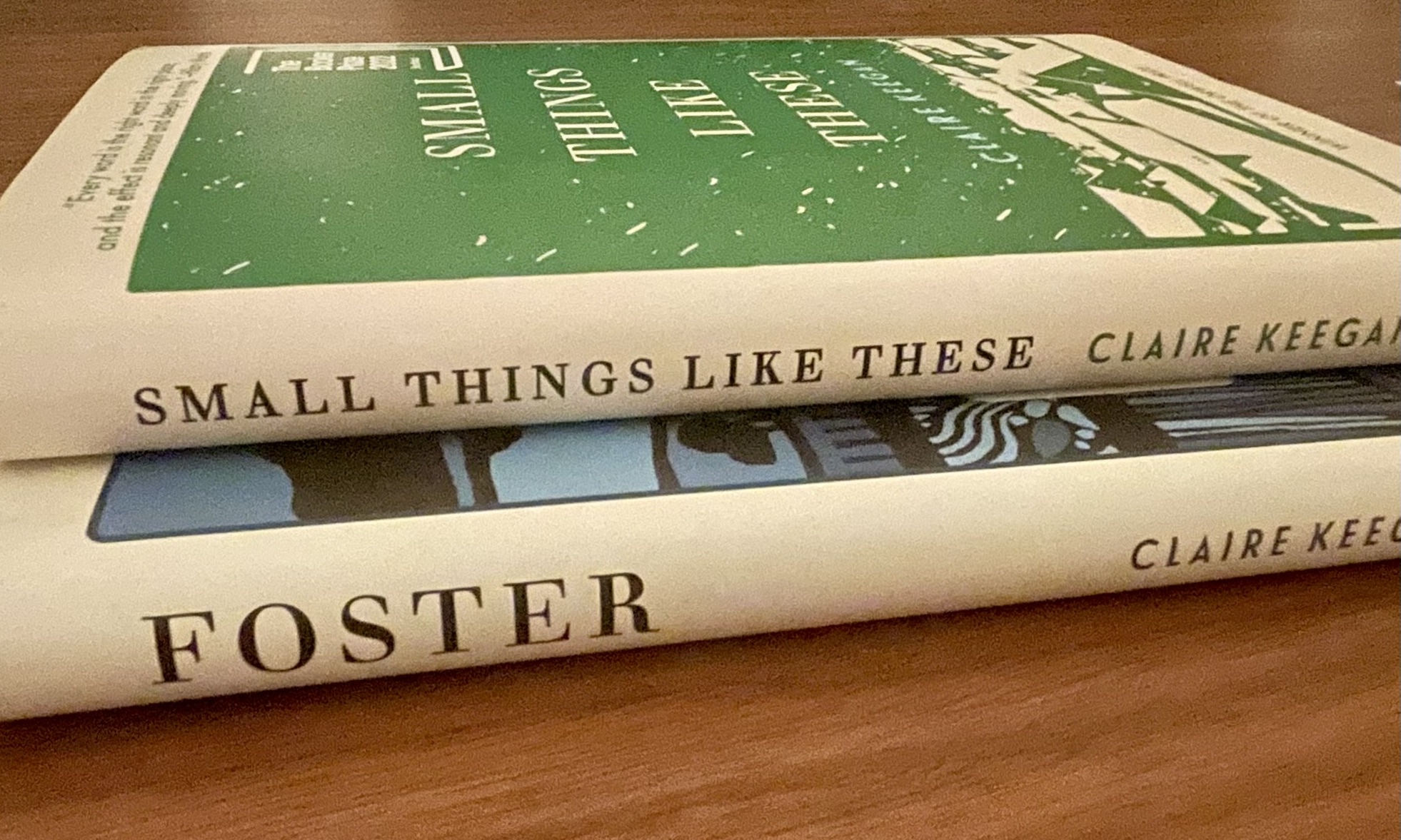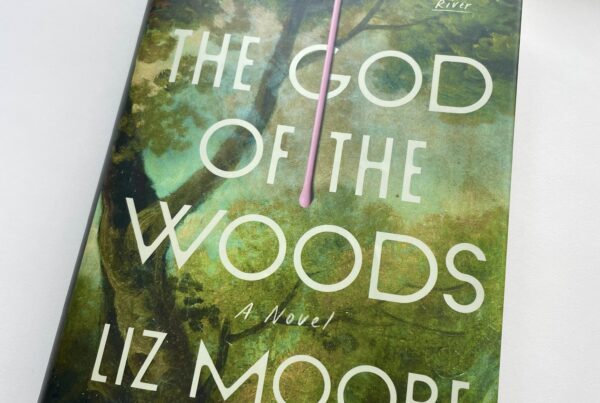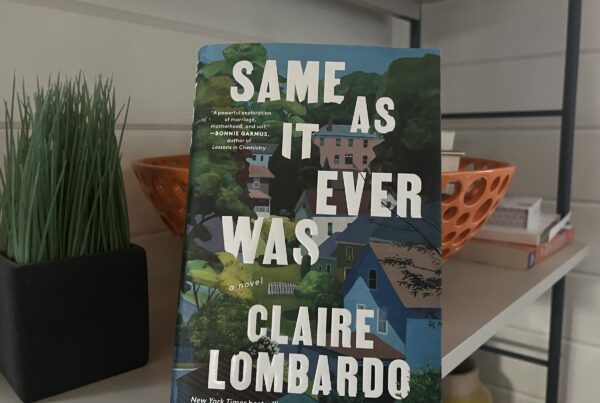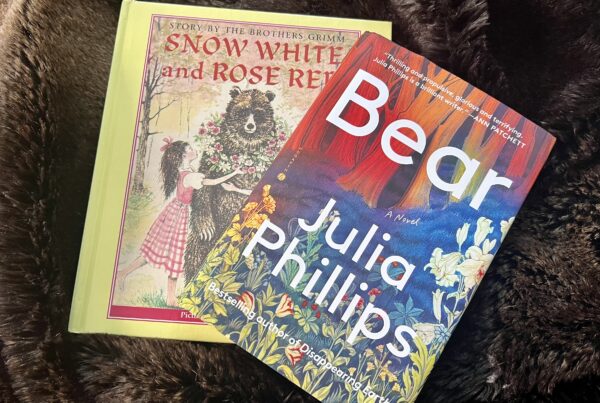Brevity is a powerful tool in Irish author Claire Keegan’s hands. Her slim books Foster and Small Things Like These are master classes in spare yet clarion sentences that conjure worlds of complexity.
In Foster, instead of taking her home after Mass, a girl’s father drives her out to a rural farm in the southeast of Ireland where her mother’s family is from and leaves her there – for the day, the week, the month, or forever, we don’t know.
The Kinsellas, presumably her mother’s people, greet the girl warmly enough: “The car door is opened and I am taken out, and kissed,” and Mrs. Kinsella calls the girl “leanbh,” a term of endearment meaning child.
Urgent questions arise quickly from Keegan’s pared down narrative: Why is this girl being left with the Kinsellas? Where is the girl’s mother? How are the Kinsellas connected to the girl – by blood, love, loyalty, or money? How long will she be fostered?
The girl’s father says that the Kinsellas can “work her” – but Mr. Kinsella says, “There’ll be no need for any of that,” and Mrs. Kinsella agrees: “We’ll keep the child gladly.” To join the girl in understanding her place in the small universe that frames her life, we have to read the entire story, and doing so within the span of an hour is the best way to experience Keegan’s prose.
Small Things Like These offers a kind of inverse to Foster – instead of starting close only to widen as the pages turn, Small Things opens with broad strokes before focusing ever narrower as the plot progresses.
Bill Furlong, coal dealer and family man, is the main character of the story, along with the town he inhabits, New Ross; its inhabitants; and the weather. Dropping resonant details like dots of textured paint, Keegan quickly captures a local Irish scene reminiscent of James Joyce’s Dublin:
The people, for the most part, unhappily endured the weather; shopkeepers and
tradesmen, men and women in the post office and the dole queue, the mart, the coffee
shop and supermarket, the bingo hall, the pubs and the chipper all commented, in their
own ways, on the cold and what rain had fallen… Children pulled their hoods up before
facing out to school, while their mothers so used now to ducking their heads and running
to the clothesline, or hardly daring to hang anything out at all, had little faith in getting so
much as a shirt dry before evening. And then the nights came on and the frosts took hold
again, and blades of cold slid under doors and cut the knees off those who still knelt to
say the rosary.”
The child of an unwed Catholic teenager given a supportive upbringing in a Protestant woman’s home where his mother worked as a domestic, Bill becomes a loving father and community caretaker. He cherishes his wife and daughters, his town, his business, and is lucky to be in such a thriving position despite his mother’s low status. But when he realizes that girls like his mother are suffering in a local convent, he is compelled to intervene.
Coal to keep warm by, shoes to protect feet from the cold, a term of endearment, a kiss, a gesture, a choice, a decision – Keegan shows us over and again that the smallest things, including the slightest of stories, often have the most profound impact on our lives.




